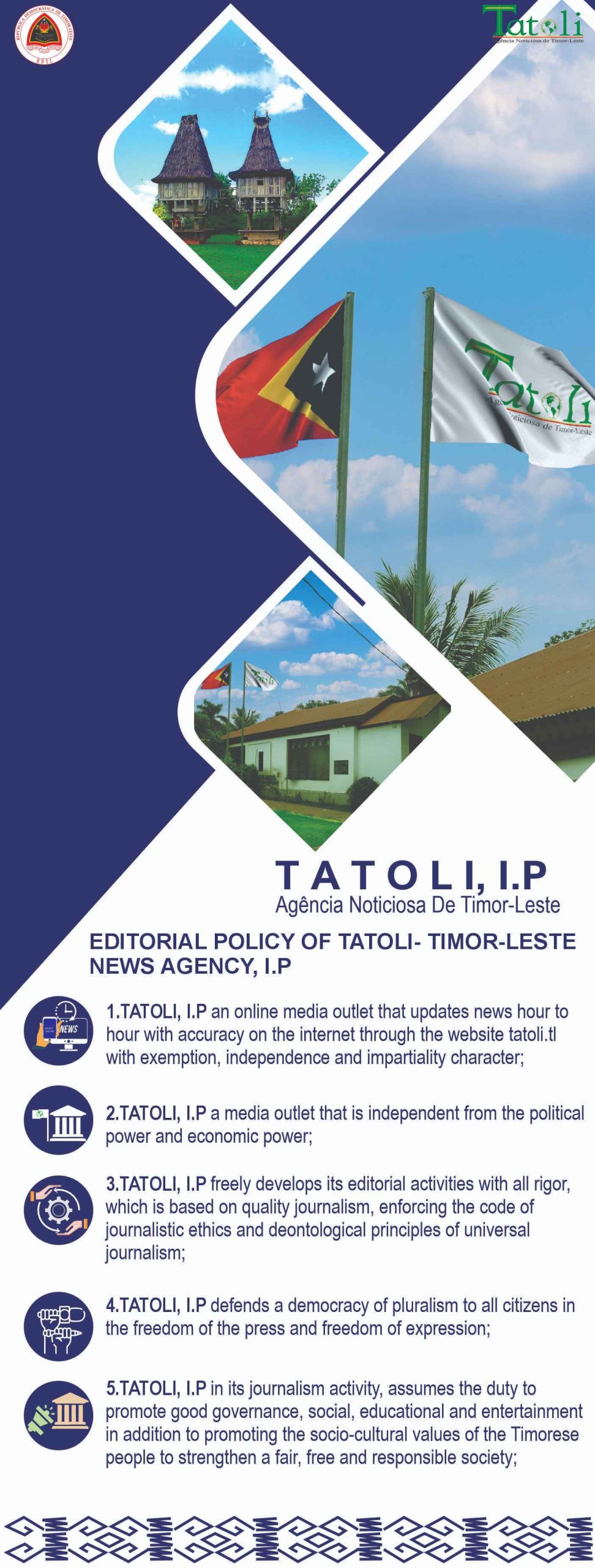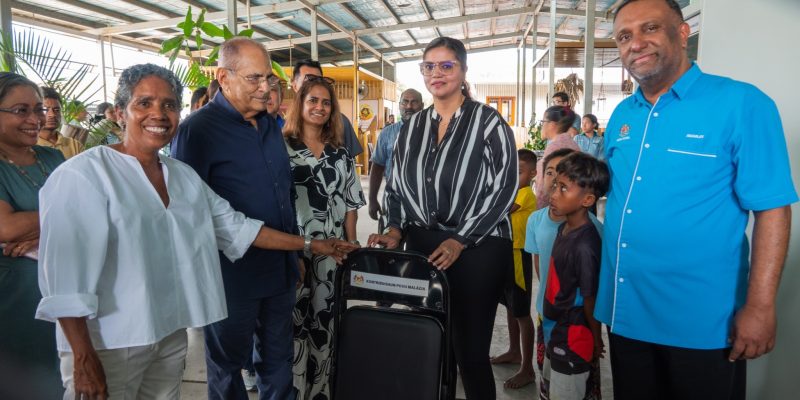DILI, 18 November 2025 (TATOLI) – Today, the Ministry of Health, the University of Tasmania, and UNFPA, with generous support from the Government of Australia, gathered in Dili for a dissemination workshop on community-based behaviour change interventions to address maternal mortality in Timor-Leste. The event showcased the strength of this trilateral partnership and its shared commitment to safeguarding the lives of women and newborns.
In her remarks, UNFPA Representative Navchaa stressed the urgency of accelerating progress, reminding participants that “every maternal death is not only the tragic loss of a woman’s life but also a deep loss for her family, her community, and for the development of the country.” Although access to sexual and reproductive health services has improved, maternal mortality remains high at 195 per 100,000 live births. Nearly half of births still take place at home, and 52 percent of women face barriers in accessing essential services. Despite better facilities and more trained staff, the gap between awareness and care-seeking persists due to distance, transport challenges, and social and gender norms.
These challenges make the formative research presented today even more vital. Professor Swee-Hoon Chuah, Director of the Tasmanian Behavioural Lab, highlighted insights from communities in Dili, Ermera, and RAEOA, noting that “the findings are their voices, not ours; this work is grounded in their lived reality.” She further emphasized that “while services, infrastructure, and equipment are important, they are not enough on their own,” as care-seeking is shaped just as much by behavioural and social factors as by the availability of services.
The research also revealed that care-seeking is a collective decision, with families and communities playing a decisive role;husbands, in-laws, and elders often determine whether, when, and how women access maternal healthcare. Additionally, trust and experience shape action: women are far more likely to seek care when services feel safe, reliable, and respectful, and when interactions with health workers build confidence rather than uncertainty.
The research found that strengthened facilities, digital tools such as Liga Inan, and skilled providers are necessary but not sufficient. Social expectations, family influence, trust in the health system, and perceptions of quality significantly affect whether pregnant women seek timely care. Using behavioural science, the team aims to design interventions that reflect real behaviours and lived experiences, helping health systems better adapt to communities and reconnect people to care.
The workshop brought together representatives from the Ministry of Health, DFAT, community leaders, volunteers, civil society, academia, and frontline health workers to reflect on the findings and agree on next steps. The evidence will guide community-driven interventions that strengthen motivation, trust, and positive social norms, ensuring women receive respectful, high-quality care when they need it most.
UNFPA expressed appreciation to the Ministry of Health, the University of Tasmania, and the Government of Australia for their continued partnership and reaffirmed its commitment to supporting maternal health and community engagement. Today’s workshop marks the beginning of collaborative actions aimed at achieving lasting improvements in the lives of women and girls in Timor-Leste.
Journalist: Camilio de Sousa
Editor: Filomeno Martins

















